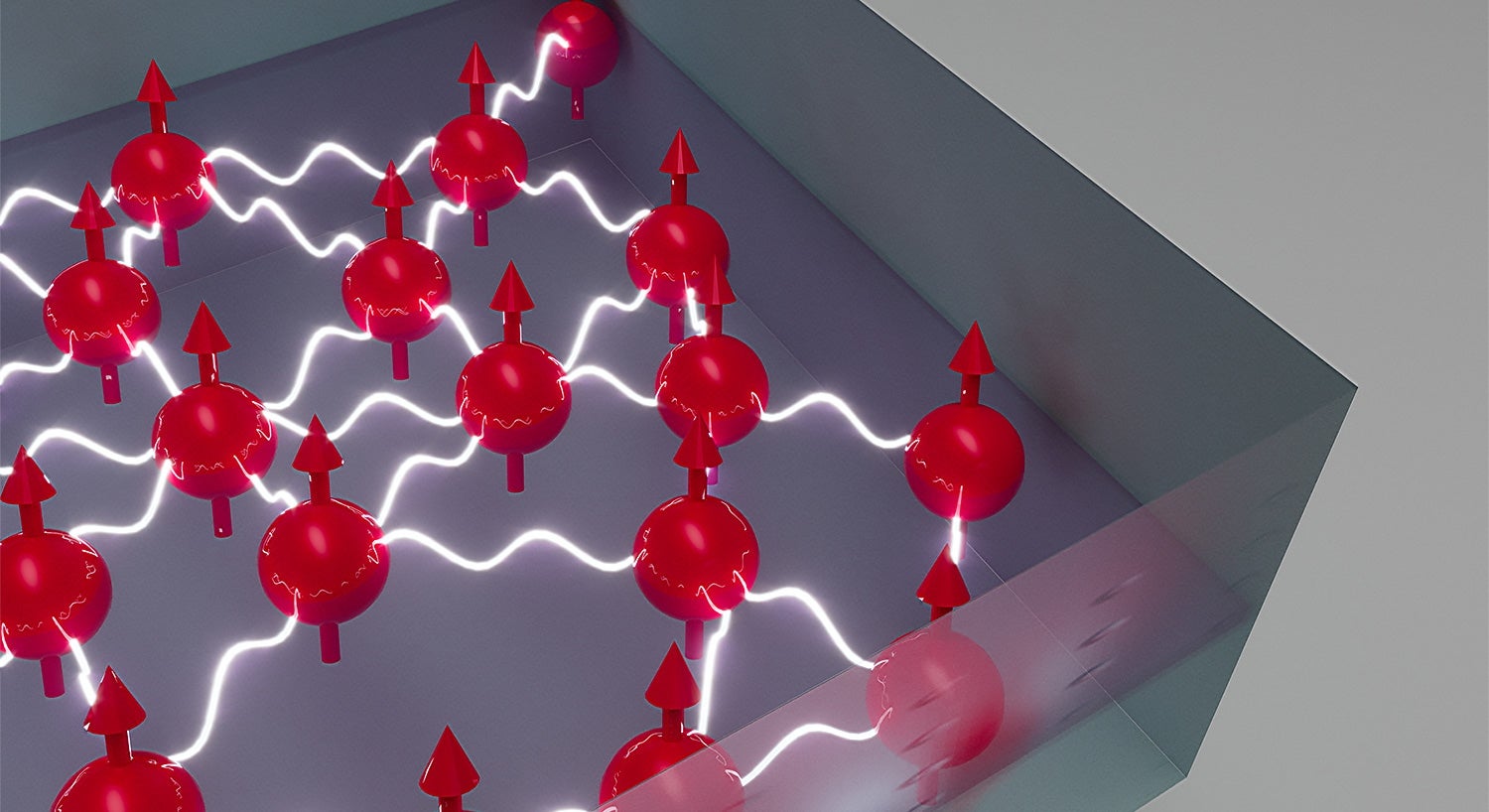STAR '05 Conference Brings Distinguished Field to UCSB to Discuss Depictions of Physics, Cosmology and Other Sciences in the Arts
As science becomes more abstract, technical, and specialized, it also becomes more mysterious to common people.
And scientists are increasingly turning to those skilled in writing, drama and other arts to communicate the importance of their work to a bewildered public.
A field of nationally known scientists, writers, directors, and journalists will visit UC Santa Barbara Thursday, March 3, through Saturday, March 5 to participate in an interdisciplinary conference designed to examine how science---particularly physics and cosmology---is portrayed by the arts.
"Science, Theatre, Audience, Reader: Theoretical Physics in Drama and Narrative" (STAR '05) will seek new understandings of the communication of science through art, literature, cinema, drama, and performance.
While Friday's events are limited to registered conference participants, talks on Thursday morning and Saturday morning and afternoon are free and open to the public. Seating, however, is limited and will be available on a first-come, first-served basis.
"We anticipate an extremely lively set of events," said co-organizer Porter Abbott, a professor of English.
"We hope this will be the seed for future conferences and other academic enterprises. The schedule is just jam-packed; we have so much going on."
Events will include not just scholarly papers and panel discussions, but readings and several dramatic performances. David Gross, director of the Kavli Institute for Theoretical Physics, and winner of the 2004 Nobel Prize for physics well open the conference at 8:20 a.m. Thursday.
The conference is rich in writers. During Thursday's opening sessions, Alan Lightman, of the MIT Program in Writing and Humanistic Studies, will discuss his popular book, "Einstein's Dreams," (8:50 a.m.) and Rebecca Goldstein, a professor of philosophy at Trinity College, will talk about writing her novel, "Properties of Light: a Novel of Love, Betrayal, and Quantum Physics" (9:30 a.m.)
On Friday, history professor Peter Galison will talk about his book "Einstein's Clocks, Poincare's Maps" via video link from Harvard University (1 p.m.).
On Saturday, Janna Levin, a professor of astrophysics at Barnard College, will talk about her book, "How the Universe Got its Spots" (2:45 p.m.).
Drama will also be well represented.
On Thursday, a panel will discuss "The Science Play Today and in History" (10:45 a.m.).
Playwright and scholar Penny Penniston of Northwestern University will stage a performance of her latest play, "Now Then Again" at the UCSB Performing Arts Center (7:30 p.m.).
On Friday, a panel will discuss "Math, Science and Audience in Tom Stoppard's 'Arcadia'" (11 a.m.).
Playwright and actor Jeremy Lawrence will perform the first act of his play "Albert in Wonderland" (3:45 p.m.).
On Saturday, Lawrence returns to perform act two of "Albert in Wonderland" (4:15 p.m.).
A complete schedule of conference events is available on the conference Web site, http://www.kitp.ucsb.edu/activities/current/. Conference events will take place in various campus venues, including the Kavli Institute of Theoretical Physics, the McCune Conference Room (Room 6020) of the Humanities and Social Sciences Building, the Faculty Club, the UCSB Performing Arts Center. Be sure to check the schedule for correct time and place of events.
STAR '05 is hosted by the Kavli Institute of Theoretical Physics and the Interdisciplinary Humanities Center, with support from the Alfred P. Sloan Foundation Program in the Public Understanding of Science and Technology, the Dactyl Foundation, the UCSB Office of the Chancellor, the UCSB College of Letters and Science and the Division of Humanities and Fine Arts, and the departments of physics, English, and dramatic art and dance.



